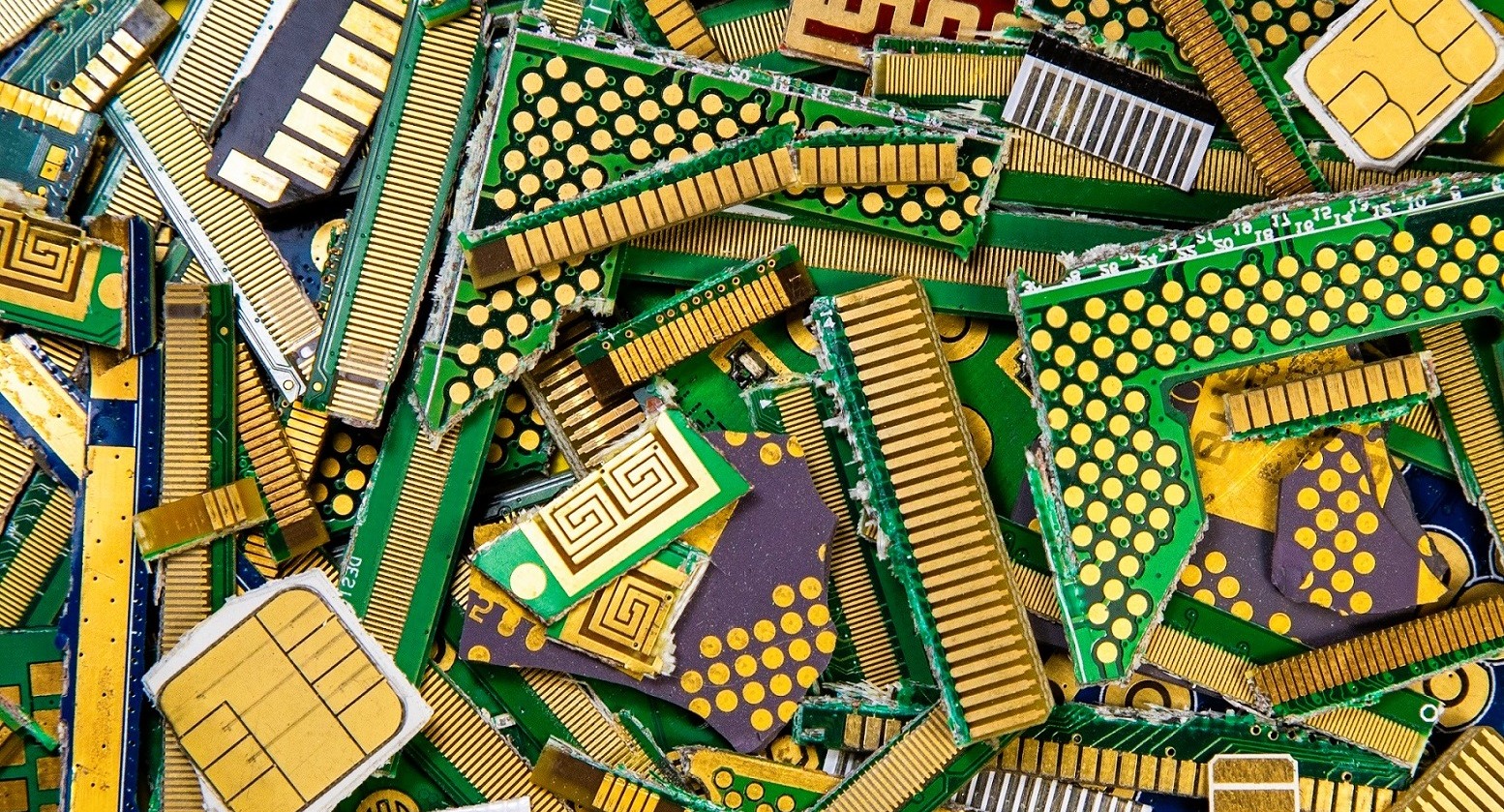Lixiviant for High Extraction of Gold from Gold-Coated Solid Waste
KEY INFORMATION
Chemicals - Organic
TECHNOLOGY OVERVIEW
The accelerated growth of electronic waste (e-waste) is s driven by the expanding demand for electrical and electronic equipment, fuelled by industrial revolution and digital transformation. Current industrial practices for extracting gold from e-waste and mining ores heavily rely on highly toxic cyanide-based lixiviant or highly corrosive aqua regia. These hazardous substances pose fatal hazards to involved personnel and contribute significantly to environmental pollution. Additionally, these methods suffer from inefficiencies, such as low extraction yields and poor selectivity, which lead to the co-leaching of other toxic heavy metals, including copper, nickel, and tin.
To address these challenges, the technology provider has developed and patented an innovative lixiviant that is facile, cost-effective, highly selective, safer, and efficient. This proprietary lixiviant offers exceptional gold extraction efficiency (up to 96%) and high output (≥3,000 ppm) while using less toxic alternatives to cyanide. With a low concentration of cyanide substitutes (<1,900 ppm), it operates optimally at 60°C in an alkaline environment. By generating less toxic waste and creating a healthier workplace, this technology enables companies to enhance their Corporate Social Responsibility (CSR) efforts and meet Environmental, Social, and Governance (ESG) goals by integrating social and environmental considerations into their operations.
The technology has undergone extensive pilot-scale evaluations with multiple companies. Since April 2023, it has been adopted by nine industry partners, demonstrating its effectiveness and practicality.
The technology provider is actively seeking industry partners to test-bed the lixiviant and is open to license the technology to interested partners.
TECHNOLOGY FEATURES & SPECIFICATIONS
- High gold extraction rate (up to 96%) with a saturation concentration of ≥3,000 ppm gold
- High gold selectivity (up to 97%)
- Low concentration of cyanide alternatives (<1,900 ppm) stabilized in alkaline environment of pH 13-14
- Non-fuming and extracts optimally at 60°C
- Allows high purity gold to be recovered via chemical reduction upon saturation
POTENTIAL APPLICATIONS
- Electronic wastes, such as gold-coated printed circuit boards, connectors, CPUs, etc.
- Jewellery containing gold
- Precious metal recovery
- Gold-coated solid
Market Trends & Opportunities
According to the United Nation (UN), each person will produce an average of 7.6 kg of e-waste in 2021, generating 57.4 million tonnes of e-waste worldwide (WEEE Forum, 2021), in which considerable amount of gold can be potentially recovered. In recent years, many countries have mandated environmental responsibilities to electronic manufacturers to establish producer recycling programs and ban e-waste disposal into landfills.
With the growing amount of electronic waste around the world following digitization, there is a pressing need for effective technologies to extract and recover gold from gold-coated electronic waste safely and efficiently. This demand is driven by increasing global regulations that mandates the recycling of electronic waste, a significant source of secondary gold, to reduce the environmental impact of traditional gold mining.
Unique Value Proposition
- Safer and less hazardous lixiviant for gold extraction, thus improving workplace safety and health
- Lixiviant can be directly employed in existing operating line
- Extract ≥3,000 ppm gold with up to 96% extraction rate
- Cost effectiveness (≤ 2.23 USD/L)
- Less hazardous waste produced for easier downstream waste treatment

